Learn the statistics, symptoms and outlook
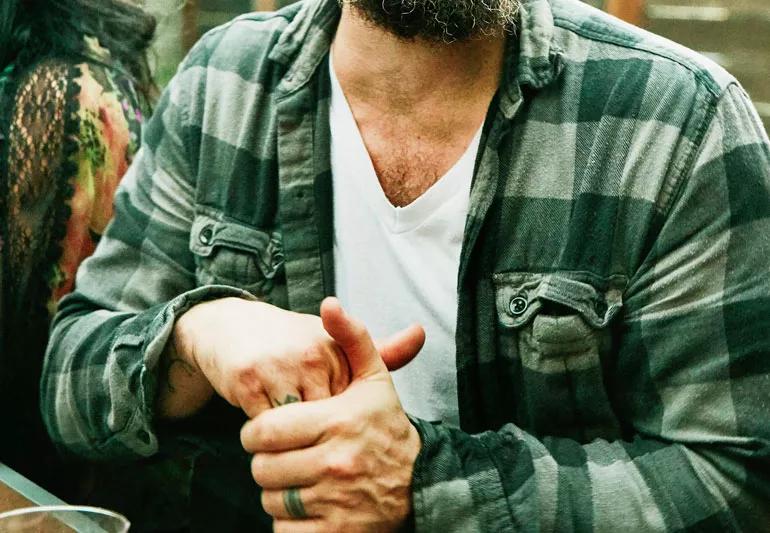
People often don’t expect men to get breast cancer. But males do, in fact, have a small amount of breast tissue, and they can get breast cancer — thought it’s far less common than in women.
Cleveland Clinic is a non-profit academic medical center. Advertising on our site helps support our mission. We do not endorse non-Cleveland Clinic products or services. Policy
For men, the lifetime risk of getting breast cancer is about 1 in 833, according to the American Cancer Society (versus a 1 in 8 chance for women). An estimated 2,620 men will be diagnosed with it this year.
Several risk factors can increase the odds that a man will develop breast cancer, yet many men develop the disease without experiencing any of them.
Many of these risk factors are similar for men and women, says oncologist and Director of Breast Medical Oncology Halle Moore, MD. They include:
The most common signs of male breast cancer include:
Generally, breast cancer is diagnosed and managed similarly in men and women. Diagnosis can involve a clinical examination, mammogram, ultrasound and/or biopsy. Treatment could include removal of the breast, lump and lymph node surgery, radiation therapy, chemotherapy and anti-estrogen therapy.
Because breast cancer in men is rare, most of the estimates we have about treatment, survival and outcomes are derived from studies of women with the disease, Dr. Moore explains. But it is clear that outlook for men with breast cancer depends on the stage at which the cancer is found, along with other factors.
It’s important for men with breast cancer to take care of themselves. This includes following their cancer treatment plan and having appropriate follow up. Adopting a healthy lifestyle that includes eating healthy, exercising and avoiding tobacco and alcohol is imperative, too.
It may also be a good idea to look for clinical trials. While men have historically not been included in breast cancer trials, the U.S. Food and Drug Administration has called on more drug companies to include them.
Learn more about our editorial process.
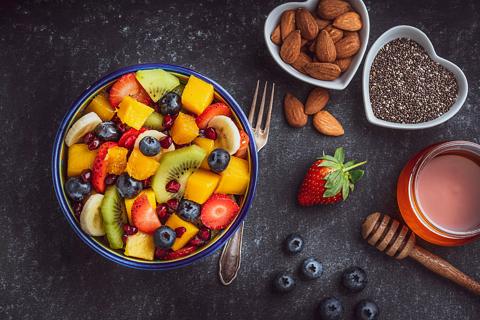
Stay hydrated, opt for fruits, veggies, whole grains and lean protein — and try to eat snacks and smaller meals throughout your day instead of larger portions
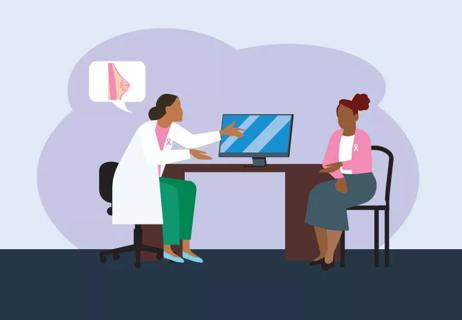
Being better informed can help you feel more confident about your care options and decisions
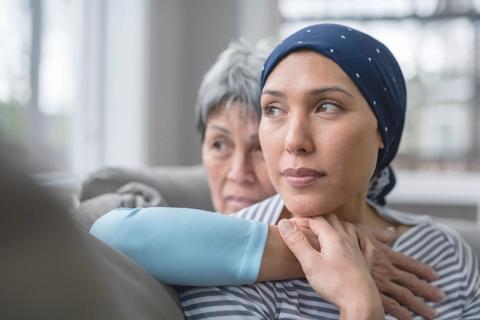
Certain genes passed down from either side of your family can put you at a higher risk for breast cancer and related cancers

The answer is yes — but there are things you can do to help boost your energy
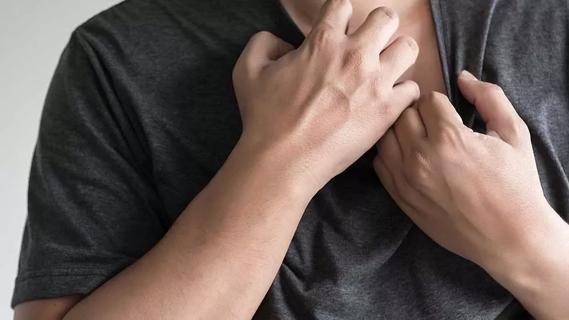
Anything from minor irritations and chronic diseases to, yes, cancer can cause persistent itching

Physical activity and weight management can minimize your chances of getting the disease

Research consistently shows that soy-based foods do not increase cancer risk
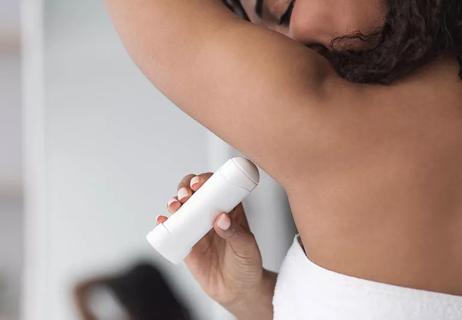
Research doesn’t show a link between the personal hygiene product and breast cancer

Your metabolism may torch 1,300 to 2,000 calories daily with no activity

A gentle touch in all the right places may help drain your sinuses